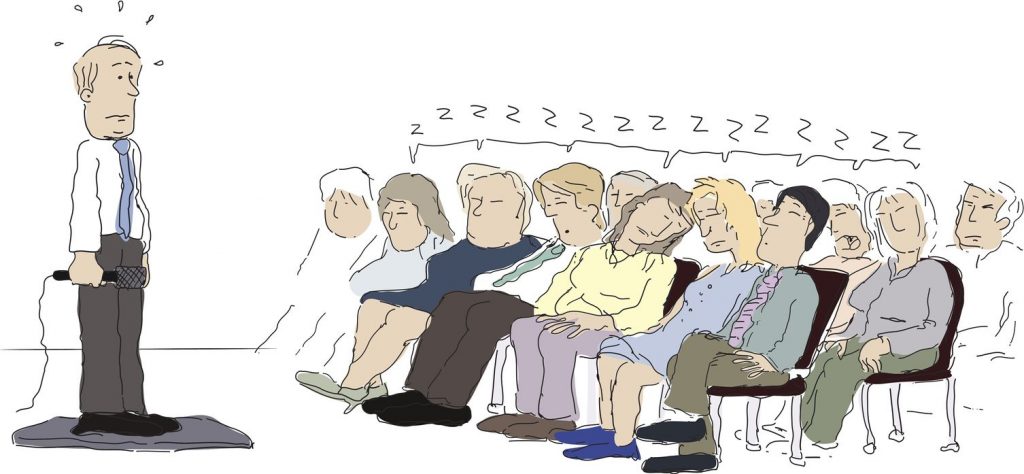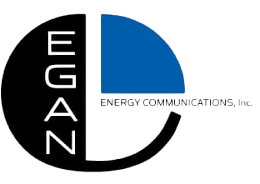
Recently I had the pleasure of listening to world-renowned presidential historian Doris Kearns Goodwin (left) discuss her book, Leadership: In Turbulent Times at a sold-out event at the University of Colorado’s Boulder campus.
Her talk was especially riveting because she shared numerous stories from her decades of research into four U.S. presidents: Abraham Lincoln, Teddy Roosevelt, Franklin Delano Roosevelt and Lyndon Baines Johnson.
Communication is one of the essential skills of an effective leader, the Pulitzer Prize-winning author told her audience, and storytelling is at the heart of effective communications. You can’t move someone unless you can reach them. And the best way to reach them is to tell them a story.
Goodwin recounted an exchange between Lincoln (right) and one of his advisers. The aide questioned Lincoln’s preference for anecdotes and homespun stories at the expense of facts and data. “Facts don’t touch the heart the way stories do,” the president told his aide.

Stories Cut Through the Clutter
From time to time, I make the same point as Dr. Goodwin, though probably not as effectively. Storytelling, whether in the White House, in a corporate setting or at an industry conference, cuts through the clutter of facts and data and moves audiences in the leader’s desired direction by connecting the leader’s words with the audience’s aspirations.
On a number of occasions, I have blogged about the importance of energy communicators and marketers being storytellers. See here and here and here. We’re in the Spring conference season, when the energy industry holds a lot of events. Whether you’re speaking at a conference or networking with other audience members, being an effective storyteller will separate you from the crowd.
That said, here are some tips to becoming a better speaker, some sins to avoid, and one overarching “golden rule”: Don’t be boring. Your audience will die soon enough. Don’t bore them to death.

Sadly, too many conferences blur into irrelevance because speakers can’t find a way to quickly connect with their audiences. If you’re speaking at a conference, it’s because you have some knowledge or expertise that conference planners thought would benefit the audience. Don’t squander your opportunity by failing to connect with your audience!
Mastery of a field counts for little if you can’t persuasively convey that to an audience. Here are some public speaking “dos and don’ts” when it’s your turn to stand in front of an audience.
Public Speaking: Six Tips and Six Sins
There may be more than six tips for giving a memorable talk. In the same way, there may be more than six sins to avoid. But here’s my list, drawn from three decades of attending (and occasionally speaking at) energy conferences. I’ll start with the tips:

- Have something meaningful to say
- Practice delivering your talk verbatim at least three times
- Create a personal connection with your audience within the first 30 seconds
- Tell stories to illuminate problems (and solutions) that are relevant to the audience
- Find a way to check in with your audience from time to time
- Seek to delight and inform
Now let’s go to the sins:

- Start your speech by apologizing
- Hide behind the podium
- Spend your time reading bullet points on PowerPoint slides
- Try to cover too much, and in too much detail
- Rely too heavily on facts to tell your story, at the expense of art and anecdotes. Facts and data will not engage your audience for long. Vivid vignettes will hold their attention
- End your speech without concluding
Communications Tip of the Month: Speaking at an industry conference is a great opportunity to engage in storytelling. Don’t just recite facts! Engage the audience emotionally with anecdotes. Share stories from the front lines. Enlist the audience as your co-panelists by engaging with them. Step away from the podium. Move around when telling your story. Don’t forget to breathe. Rock the joint!
Public Speaking: Achieving Success with Practice
Great public speakers are rare. I don’t claim to be one, but I continually work to improve. I speak at industry conferences and I’m always looking for additional speaking opportunities. I coach people that want to improve their public-speaking skills. Like writing, cooking, carpentry and throwing a curveball, public speaking is a craft best honed with practice. There’s art and science, of course, but to make something truly yours, you need to practice it!
One friend and colleague who needs no such coaching from me is Erick Rheam, who regularly addresses energy conferences. Check out his videos and contact him if you need a speaker at your next event!

More Stories, Less PowerPoint
There’s an important distinction between public speaking and using PowerPoint to deliver a presentation. Perfectly fine, even terrific, talks can be delivered without the use of PowerPoint. An article in Harvard Business Review, “How to Give a Killer Presentation,” effectively makes the point that great public speaking need not involve PowerPoint.
PowerPoint is a tool. You are the master. Not every job requires the use of every tool. In a future post, I will share some tips about how, if you must use PowerPoint, you can do it effectively.
What If I Don’t Speak at Conferences?
Do public-speaking skills matter if you are not a regular on the speaking circuit? Yes! Public speaking is just one form of oral communications. Regardless of your specific function within your energy company, to a large and increasing degree, your future professional success depends on effective communications. And public-speaking tips can easily be used in many other communications settings.
Think about the strategic challenges facing your company: reorganizing, merging, downsizing, deploying new technology, winning stakeholder support, increasing prices, introducing a new service or redesigning a business process.
Many of these initiatives are being developed or implemented with cross-functional teams. You may be asked to lead one of those teams. Many of those initiatives fail, often because of ineffective or inconsistent communications. If you are a skilled communicator, you are more likely to succeed leading a cross-functional team. That’s the sound of opportunity knocking!
Your job may not require being interviewed by the news media. And you may not have to regularly lead large, all-hands meetings at your company. But if part of your job involves influencing others, which by definition includes almost every one, strong communications skills will make you more successful.
Speaking of speaking…

If you need a dynamic industry expert to speak at your upcoming conference, member meeting, web conference or onsite workshop, consider EEC President John Egan, who regularly speaks on key issues facing utilities: customer satisfaction, digital meters, customer messaging, stakeholder engagement and program marketing.
Learn more here.

